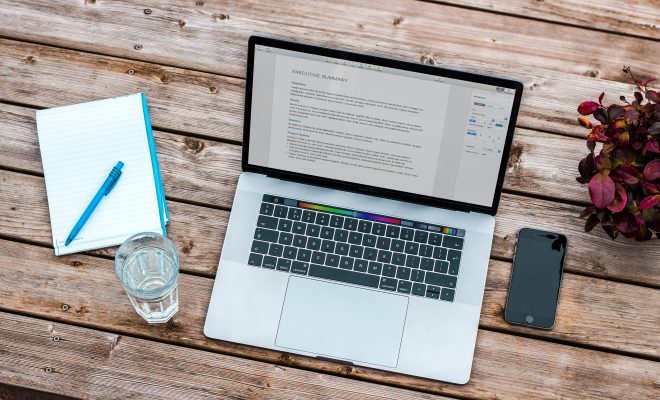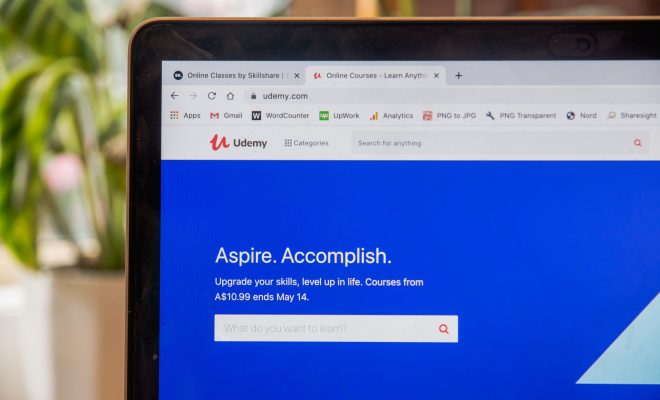The Process of Learning To Read

One of the most difficult challenges that a teacher can face is teaching a young student how to read. Not only are there so many different sounds and letters to remember, but the child also has to understand the meaning of various words and phrases. Thus, it is of utmost importance that the teacher properly understands the processes involved when it comes to learning how to read.
This article will discuss the importance of connecting the various sounds to their corresponding print. More so, we will mention how the reading fluency of children develops.
Connecting The Various Sounds To Print
One of the first things that an educator will do when teaching young students how to read is displaying the alphabet’s various letters and pronouncing each letter’s sounds. In this way, the students can begin memorizing the different letters.
Without knowing what each sound in the English language looks like on paper, it would be impossible for students to read. While they may be able to say certain words, spelling it out is an entirely different story.
The Development Of Fluency
As children read more books, they should start developing their reading fluency. However, teachers can move this process along by incorporating memorizing games into their lessons.
For example, to help the students remember the different sounds and letters, educators could create a match-the-column game or ask the students to shout out the sound of a letter that they write on the board.
In this way, they will slowly start memorizing the different sounds, making it much easier for them to read through a passage without making any errors.
Understanding The Meaning
Even though students can memorize the different sounds and letters, they will still need to understand the meaning of the words that they read. This is where their vocabulary comes into the picture.
Teachers will need to develop the students’ vocabulary through various children’s books, activities, videos, pictures, etc. One way in which many educators do this is by simply picking up different objects and asking the students to identify each item.
In the beginning, they should use everyday objects, such as a chair, table, pencil, etc. However, as the children’s vocabulary grows, they can move onto more complex items that will drastically improve their fluency.
Concluding Thoughts
Learning how to read is one of the most essential skills that a child can learn. More so, it is one of the most complex tasks of a teacher. To improve reading fluency, teachers will need to help the students connect the various sounds to the print. More so, they will need to develop students’ vocabulary through books, class activities, etc.






